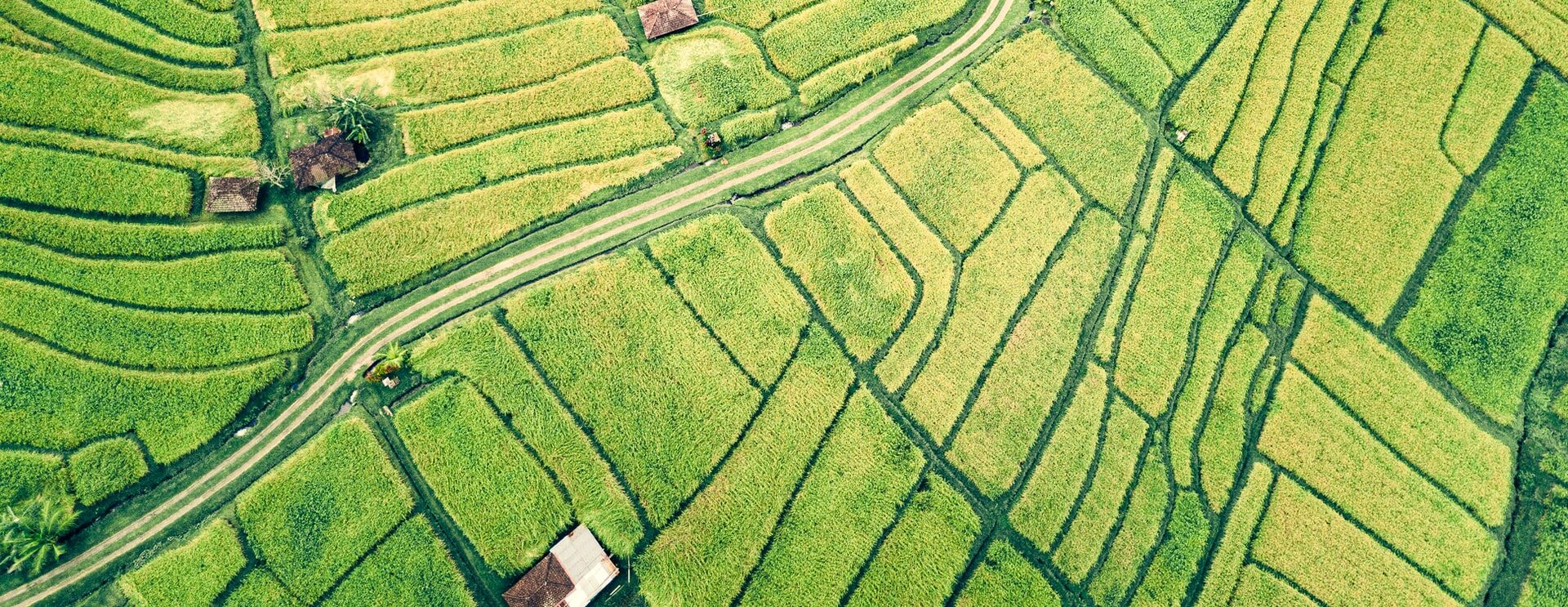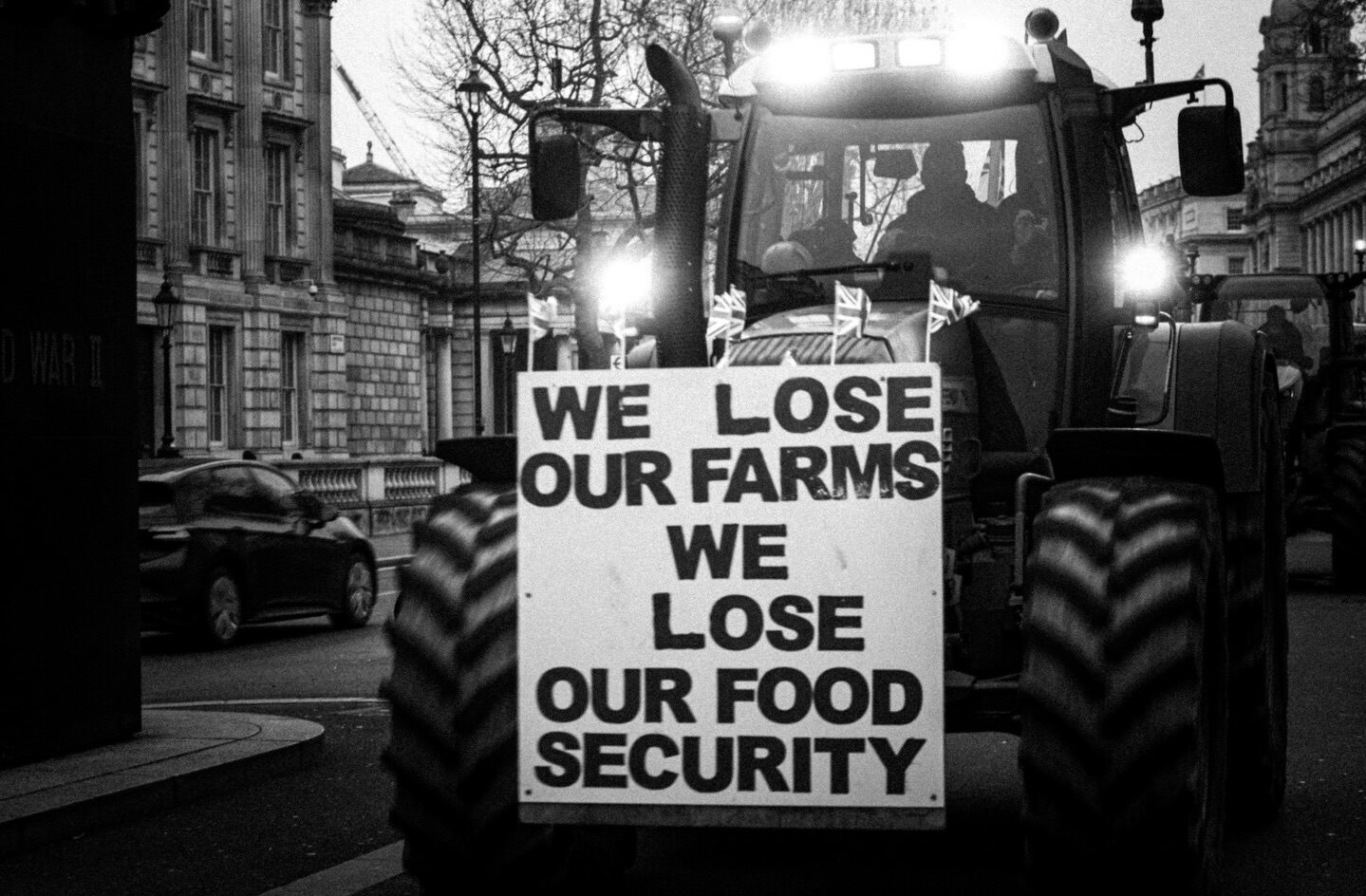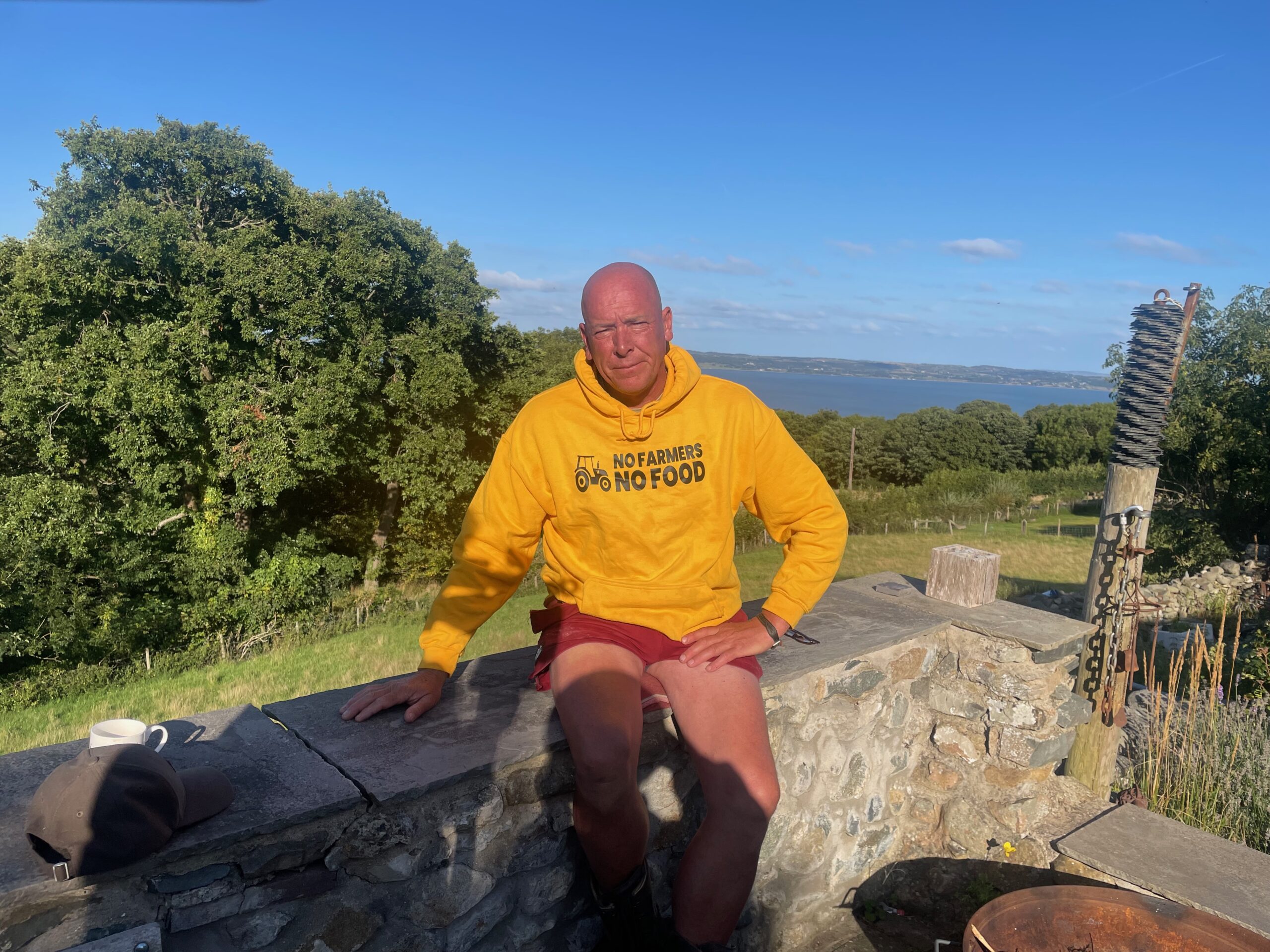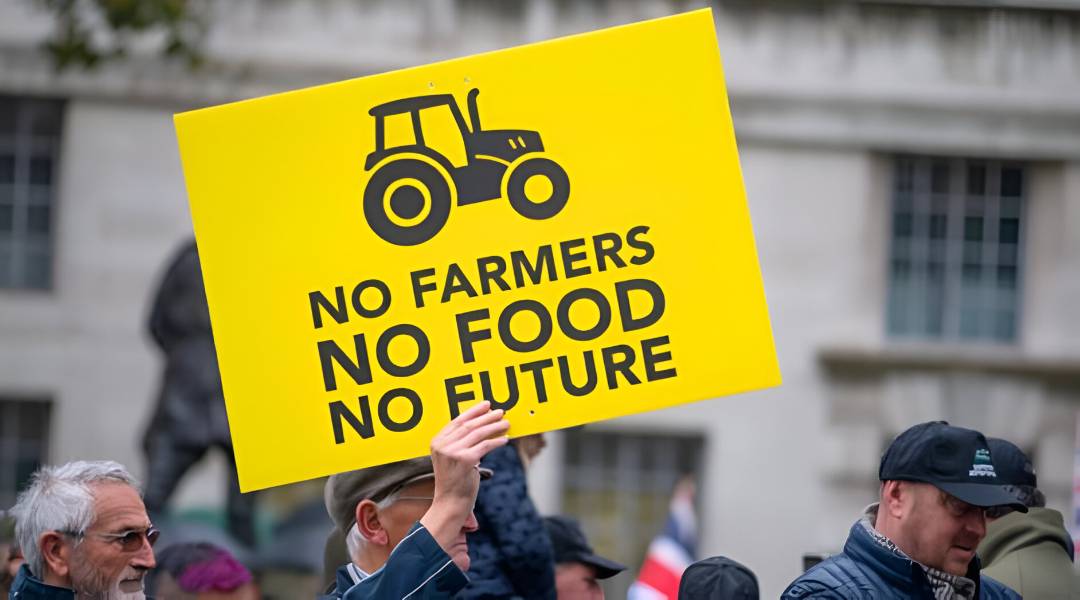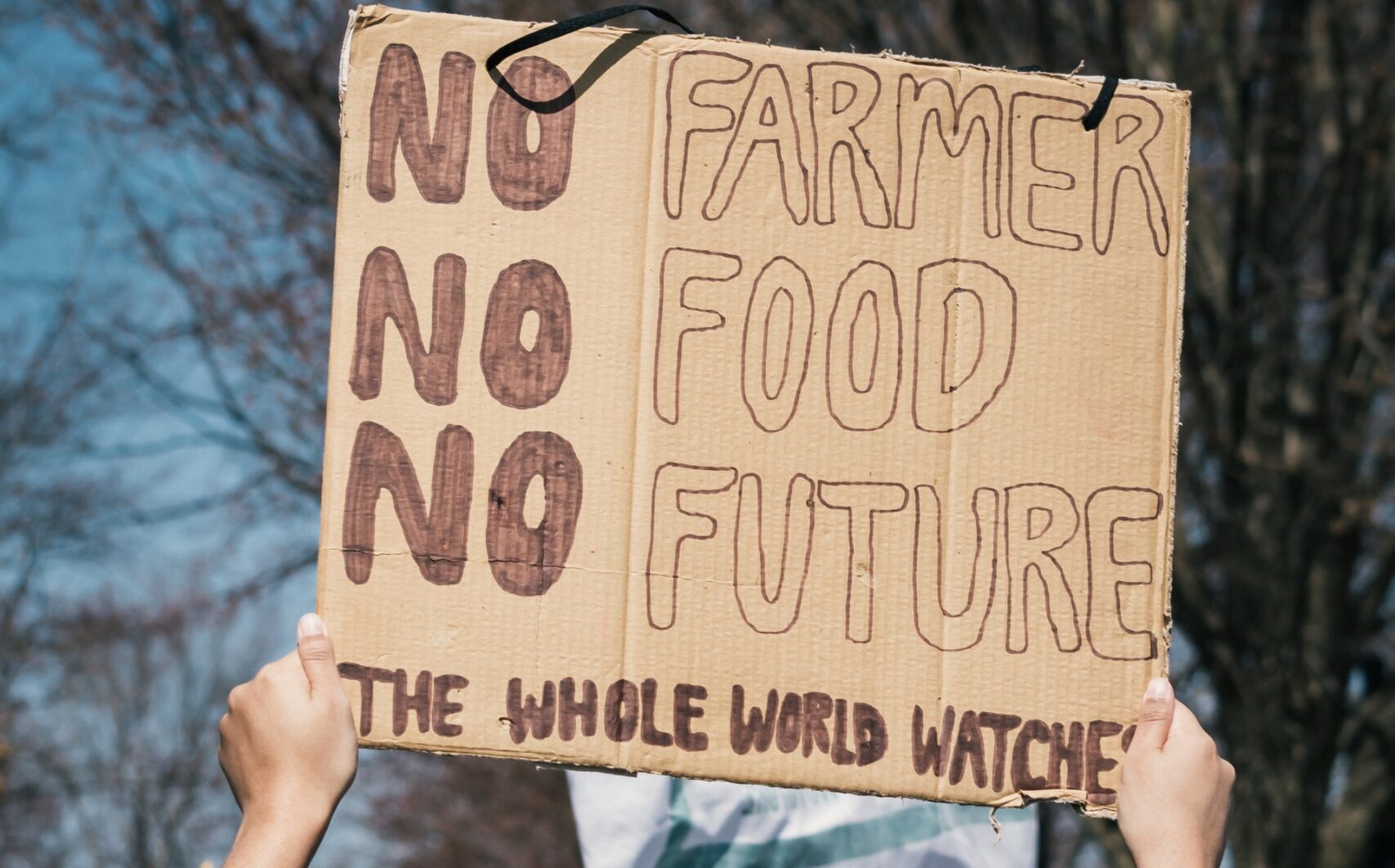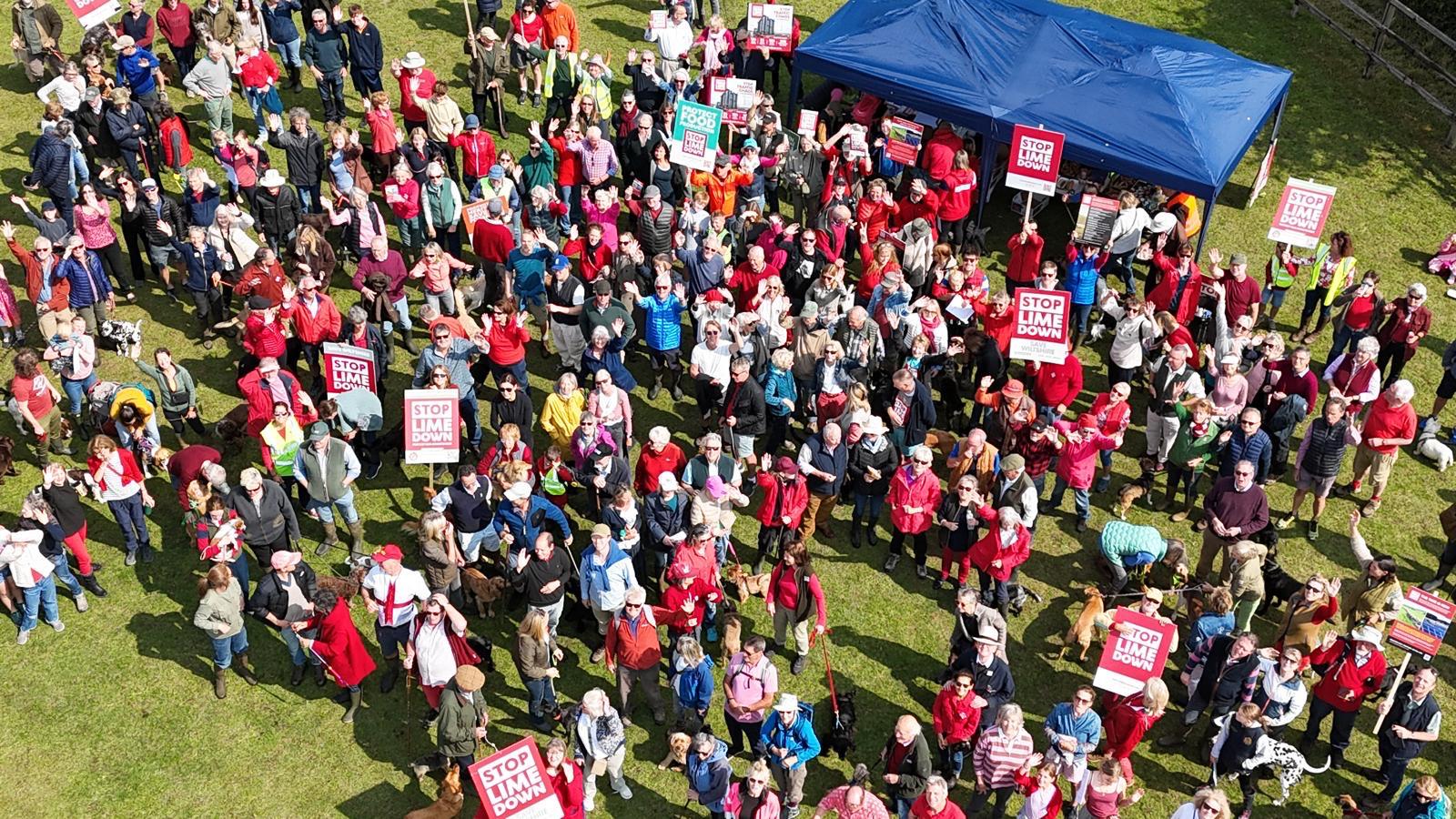UN Food System Summit
Corporations continue to monopolise land and livelihoods across the world and their most recent ploy is to hijack the UN’s Food Systems Summit. La Via Campesina is one among scores of movements that have rejected this corporate capture and have announced a total boycott of the UN Summit because it undermines the role and centrality of peasants, workers and indigenous people in defining a food system that should be built on the principles of solidarity and food sovereignty.
‘The UN Food Systems Summit (UNFSS), including a ‘pre-summit’, will take place in September 2021 in New York. The Italian government is hosting the pre-summit in Rome from 26–28 July. The UNFSS claims it aims to deliver the latest evidence-based, scientific approaches from around the world, launch a set of fresh commitments through coalitions of action and mobilise new financing and partnerships.”
Despite claims of being a ‘people’s summit’ and a ‘solutions’ summit, the UNFSS is facilitating greater corporate concentration, unsustainable globalised value chains and agribusiness leverage over public institutions. As a result, more than 300 global organisations of small-scale food producers, researchers and indigenous peoples will gather online from 25-28 July to mobilise against the pre-summit.’
You can watch this one minute video to find out more.
The Civil Society and Indigenous Peoples’ Mechanism (CSM) for relations with the United Nations Committee on World Food Security is working to eradicate food insecurity and malnutrition. According to the CSM, the UNFSS – founded on a partnership between the UN and the World Economic Forum (WEF) – is disproportionately influenced by corporate actors, lacks transparency and accountability and diverts energy and financial resources away from the real solutions needed to tackle the multiple hunger, climate and health crises.
The CSM argues that the UNFSS is not building on the legacy of past world food summits, which resulted in the creation of innovative, inclusive and participatory global food governance mechanisms anchored in human rights, such as the reformed UN Committee on World Food Security (CFS).
Please support La Via Campesina’s boycott of the UN Food System Summit by adding your #NotInOurNames photo as shown below and described here.

Both Farms not Factories and my market garden, Forbidden Fruit & Veg, are supporting La Via Campesina’s boycott of the UNFSS.
News round-up
UK
? An end to UK pig confinement is in sight, but producers fear they will be left carrying the cost of high-welfare options in the face of cheap imports
‘Making any change… would be a hugely expensive endeavour for [farmers].. And one that retailers are refusing to support producers to do. They say consumers won’t pay more for pig meat from indoor systems. Unsurprisingly, that makes producers wary of change, especially given fears of a flood of cheaper US pork produced to lower standards in the event of a free trade deal between Britain and the US.‘
? Red Tractor published their responses to the public consultation held at the beginning of the year and we are not impressed.
Red Tractor has obviously ignored submissions to their consultation recommending unannounced spot checks on farms, and removing farms from the scheme if they fall below standards. So, we can expect business as usual as they have failed to enforce their own recommendations or even minimum legal UK animal welfare standards in the past so why would they now? It’s best to avoid pork with the Red Tractor label and only buy high welfare meat labelled RSPCA Assured, Free Range, Outdoor Raised or best of all Organic.
? Sustainable isn’t a thing’: why regenerative agriculture is food’s latest buzzword.
There is no set definition of regenerative agriculture or “regen ag” as it gets called. But stripped back, it is any form of farming – that is, the production of food or fibre – which at the same time improves the environment. Regenerative farmers typically try to disturb the soil as little as possible: forgoing tilling, which disturbs the complex network of worm-holes, fungal hyphae and a labyrinth of microscopic air pockets, and avoiding heavy doses of fertiliser or sprays. Most advocates grow a diverse range of crops, often at the same time, and believe that grazing animals are essential for improving soil health.’
? African swine fever (ASF) disease contingency plans tested in UK-wide exercise
‘The exercise takes on extra significance with the news last week that the virus has been detected in domestic pigs in Germany for the first time. In a joint statement, the UK’s four Chief Veterinary Officers said: “The risk of African swine fever arriving in the UK is ever present and would have a devastating impact on our pigs and pig keepers if it ever reached our shores. We regularly test our contingency plans in this way to ensure that we are ready to respond to potential future disease outbreaks’
There is plenty of pork in the UK to satisfy our needs so why not simply ban imports? This would give our farmers the chance to raise their standards rather than having to compete with cheaper substandard imports. One of the outbreaks of ASF in E Germany was on an organic farm, which raises the prospect of outdoor systems being blamed for the transmission. Whereas as The Sustainable Food Trust reported, indoor, intensive systems are far more likely to spread ASF and other infectious diseases because of the stressful, overcrowded and unhealthy conditions in which the pigs are confined.
Rest of the World
? An end to cages in Europe.
‘The European Commission has promised the biggest animal welfare legal reform in history — a ban on almost all cages and crates across the European Union (EU). If enacted, the ban would cover more than 340M caged hens, rabbits, pigs, and other animals. It could also set a new global standard for farm animal welfare.
A major fight now looms. This Monday, several EU governments told the Commission that its proposal was too ambitious, and requested extensions and loopholes. Europe’s powerful farm lobby, Copa and Cogeca, is already lobbying to weaken the measure.’
? China’s Deadly Floods Hit Pig Farms and Raise Swine Fever Risks.
A bigger worry is the potential outbreak of African swine fever, said Lin Guofa, a senior analyst at consultancy Bric Agriculture Group. Floods increase the risk of disease as the virus can be found in pig’s blood, feces and tissue. Healthy hogs may be infected through contact with sick pigs or contaminated feed and water.’
Films to watch
? New documentary ‘Meat Me Halfway’ Encourages Reducetarian Diets With Powerful Storytelling
Factory farming is arguably the most destructive practice on the planet,” Kateman tells Green Matters exclusively via email. “At the same time, very few people want to go vegan. So, we can either throw our hands up in the air and give up, or, we can offer an alternative that might put factory farming where it belongs: in the dustbin of history. This alternative is celebrating the notion that meat consumption isn’t an all-or-nothing premise and that one can simply cut back on animal products.”
? Sick of Being Deceived by Big Meat Marketing? Time to #EndHumaneWashing. New 1 minute video shedding light on industry ugly truths.
Corporations know that people really do care about animals and don’t want them to be mistreated, so they often choose to tell consumers what they want to hear, rather than allowing them to know the truth.’
? This new documentary, Rivercide, shows how UK rivers are being suffocated.
Over the 21st century, livestock units have consolidated into giant factories. Vast buildings now house hundreds of dairy cattle, thousands of pigs or tens of thousands of chickens. Regions now specialise in particular animals. The catchment of the River Wye is the UK’s chicken capital.
These factories gather nutrients from a wide area and concentrate them into a small one. The chicken units draw soya from huge tracts of Brazil and Argentina, with devastating consequences for rainforests and savannahs, and pour it into chickens housed along the Wye and its tributaries. The nutrients in the feed then come out in their dung.’
Please donate
Forgive me for pointing out that, while we receive some one-off donations, I am funding Farms Not Factories myself, and if we are to continue to fight the cruel, antibiotic-led factory farm system, we will need some regular donations from like-minded people. Please consider a monthly subscription of £2/month and help us support a network of smaller scale, humane and healthy UK pig farms, local abattoirs and butchers.
“Our message is simple, we want to help bring an end to this dangerous, inhumane system. Vote for real farming over factory farming.”
– Tracy Worcester, Director
Contents
Share This Article
Related ArticlesView All
Protect UK Farmers from Low Standard Imports
The purpose of our newsletter is to give you important information that is censored in the mainstream media. “The way… Read More
Protectionism vs So-Called Free Trade
The purpose of our newsletter is to give you important information that is censored in the mainstream media. “The way… Read More
Find A Farmer
The purpose of our newsletter is to give you important information that is censored in the mainstream media. “The way… Read More
Zionist Money Rules
The purpose of our newsletter is to give you important information that is censored in the mainstream media. “The way… Read More
The Price of Progress
The purpose of my newsletter is to give you important information that is censored in the mainstream media. “The way… Read More
Silencing Dissent Through Fear
The purpose of my newsletter is to give you important information that is censored in the mainstream media. If you… Read More
